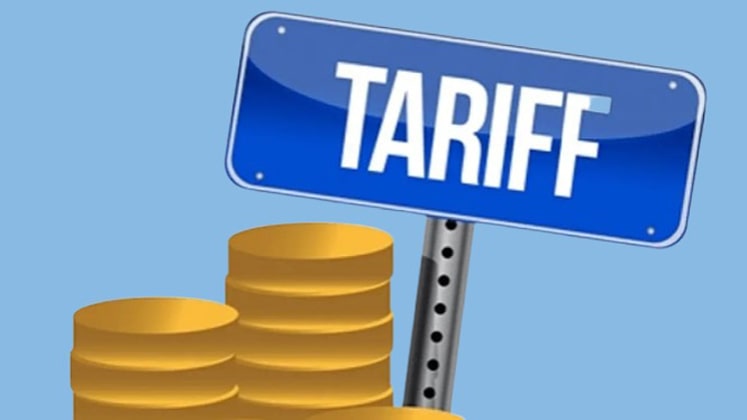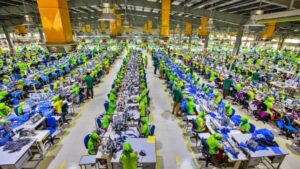
The Bangladesh Government has unveiled the National Tariff Policy 2023, incorporating measures to apply anti-dumping duties, countervailing duties, and safeguard duties on imported goods, all aimed at fostering the advancement of domestic industries even as the inaugural policy, issued by the World Trade Organisation division of the Commerce Ministry on 10th August, strives to streamline Bangladesh’s import and export tariffs.
This is as per reports, which added that addressing the harmonised product duty valuation, the policy underscored the necessity of maintaining uniform duty rates to uphold transparency even if it permitted the imposition of regulatory duties, mixed duties, and seasonal duties in emergencies.
The new tariff policy for 2023 places a primacy on the interests of micro, small, and medium enterprises.
The gradual phasing out of the practice of calculating duty rates based on minimum import values is recommended within the policy.
Streamlining the procedure for accessing bonded warehouse facilities for both direct and deemed exports is a crucial focus of the policy, with an emphasis on simplicity and transparency.
Importers of industrial raw materials, who import with the intent of manufacturing goods for both local consumption and export markets, are granted the privilege of utilising bonded facilities. However, the condition is that a minimum of 70 per cent of the imported raw materials must be allocated for export-oriented purposes.
Furthermore, these industrial importers are entitled to partake in duty drawback facilities, in accordance with the provisions outlined in the new tariff policy.






